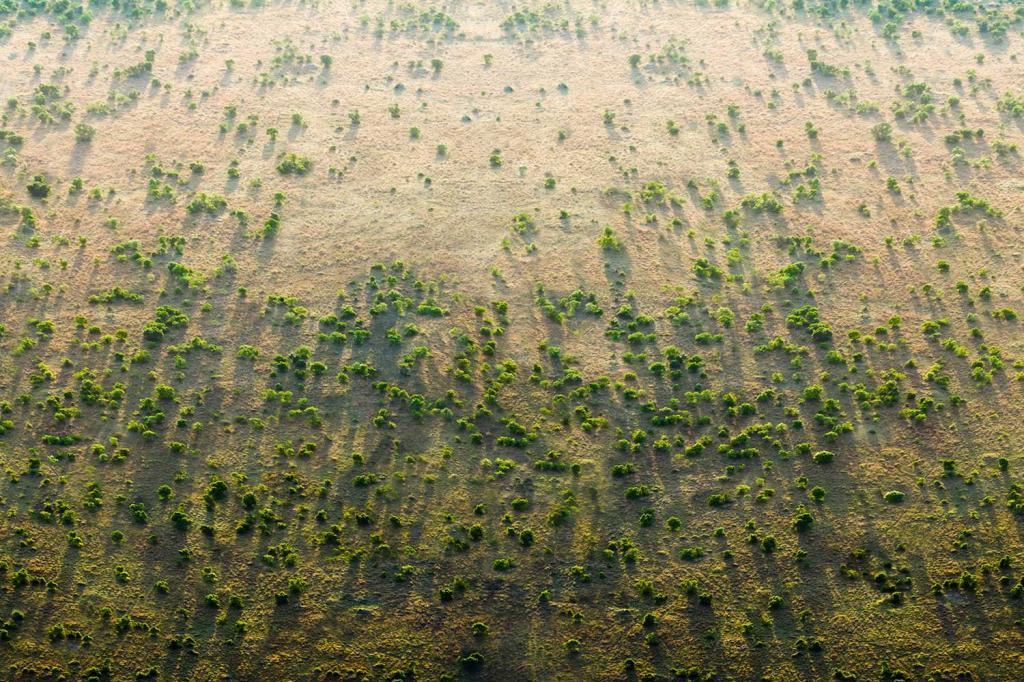Read in
The leaders of the Economic Community of West African States (ECOWAS), a regional, political and economic union of west African countries, recently agreed to spend $294 billion over the next 10 years to fight against climate change.
CThe 15 ministers of environment of ECOWAS member states met April 29, 2022, under the chairmanship of Kwaku Afriyie, the Ghanaian minister for environment, science, technology and innovation and validated the ECOWAS RCS.
The 15 members of the ECOWAS are Benin, Burkina Faso, Cape Verde, Cote d’Ivoire, The Gambia, Ghana, Guinea, Guinea-Bissau, Liberia, Mali, Niger, Nigeria, Senegal, Sierra Leone and Togo.
Africa carries the heaviest burden of associated climate change effects, despite contributing less than five per cent of the world’s greenhouse gas emissions.
Emissions from ECOWAS countries represent 1.8 per cent of global greenhouse gas emissions. All ECOWAS countries emit on average less than one tonne of carbon dioxide per capita per year.
In west Africa, the increase in temperature, the main climatic hazard, is 1.5 times higher than at the global level. Nine of the 30 most vulnerable countries in the world are in the region.
Up to 32 million people, the equivalent of Ghana’s population, might be compelled to move internally by 2050 if countries do not take concrete and immediate climate and development action. This is according to a report by Groundswell West Africa, a part of non-profit Groundswell International.
ECOWAS is already active in the fight against climate change through several sectors such as energy, agriculture, livestock, water, infrastructure, health, climate services and disaster risk management.
The RCS contains sectoral objectives for adaptation and contribution to climate change mitigation by a multi sectoral approach like transport, agriculture, energy, land use, water, health etc.
ECOWAS intends to intervene in three fields of action within the framework of the RCS. They are:
- Reduce the carbon impact of fixed and mobile facilities and strengthen the adaptive capacity of systems and infrastructure within the organisational perimeter of ECOWAS institutions and agencies
- Improve ECOWAS regional policies, measures and programmes with a view to making them progressively climate friendly
- Strengthen political dialogue in order to support a progressive improvement in the ambition of Member States through their
The RCS calls for the cooperation of regional institutions, the 15 member states of ECOWAS, their partners and civil society actors. The purpose of the RCS is to engage its member states to facilitate the implementation of their climate commitments under the Paris Agreement.



